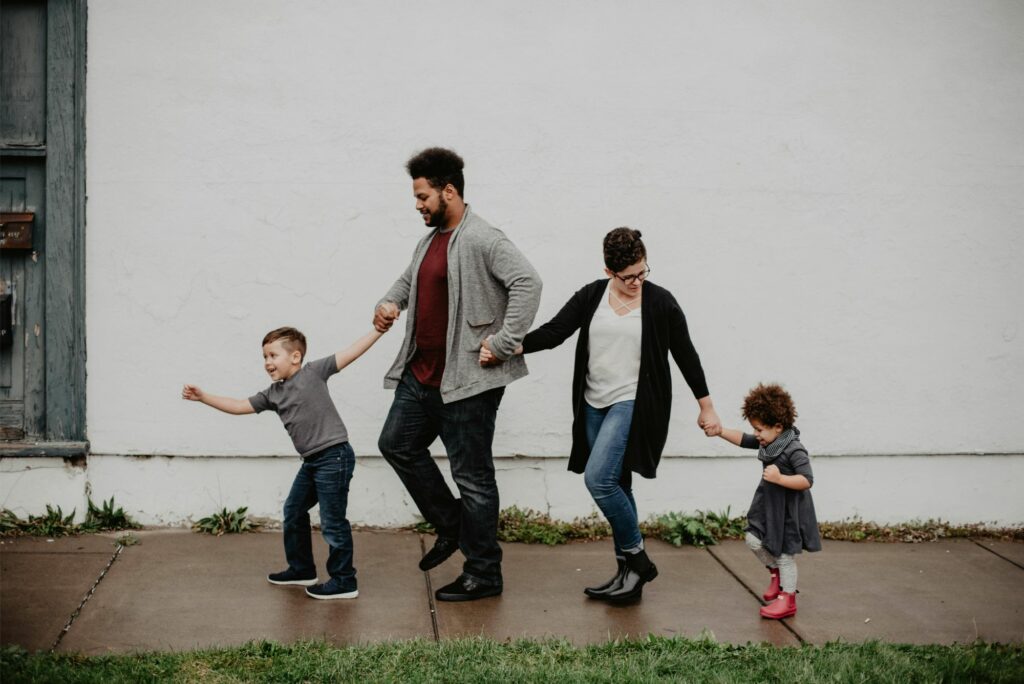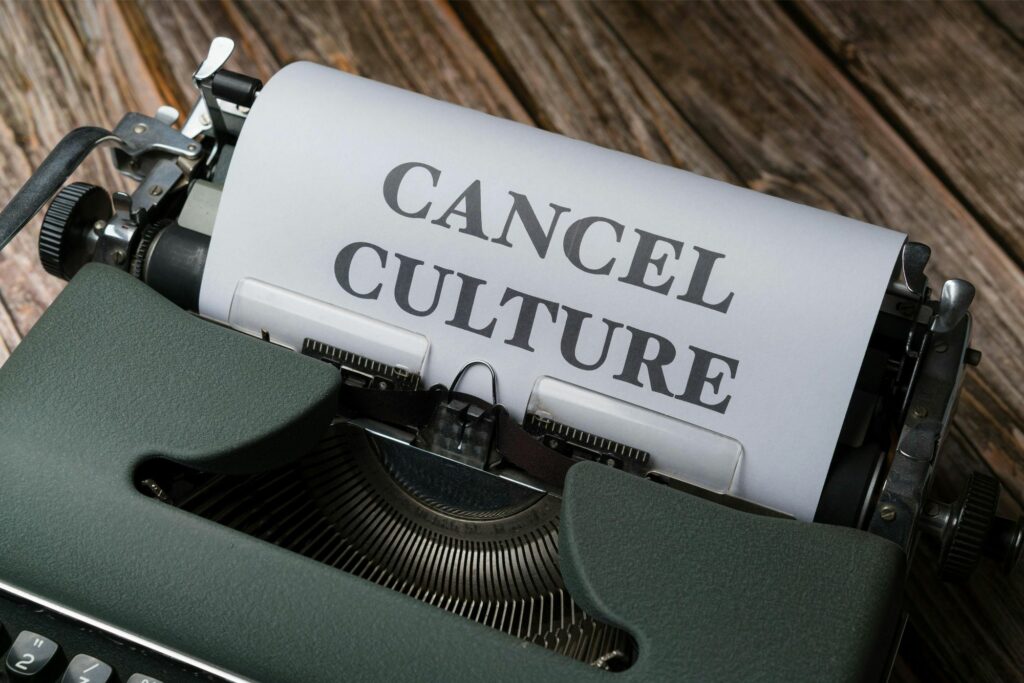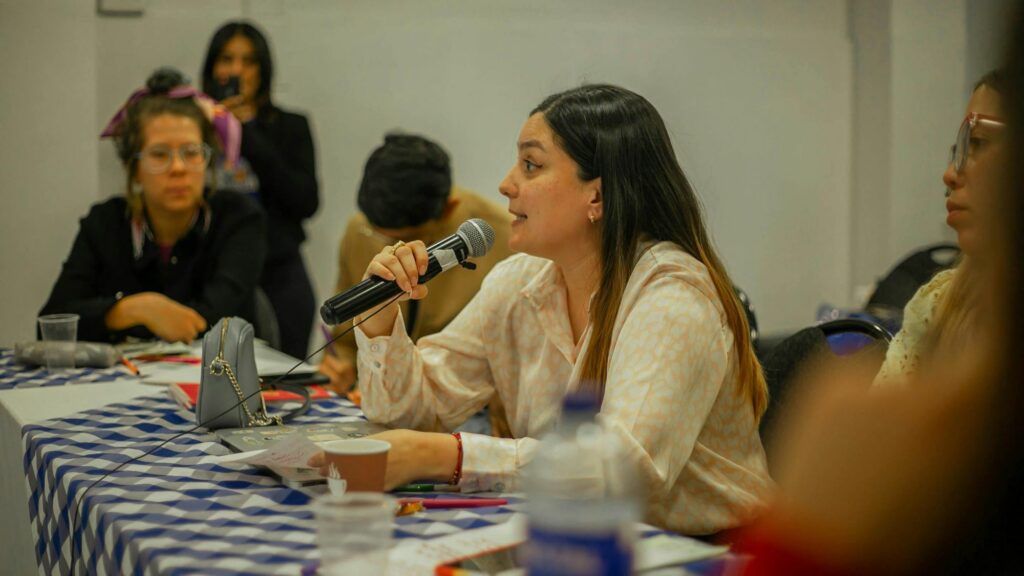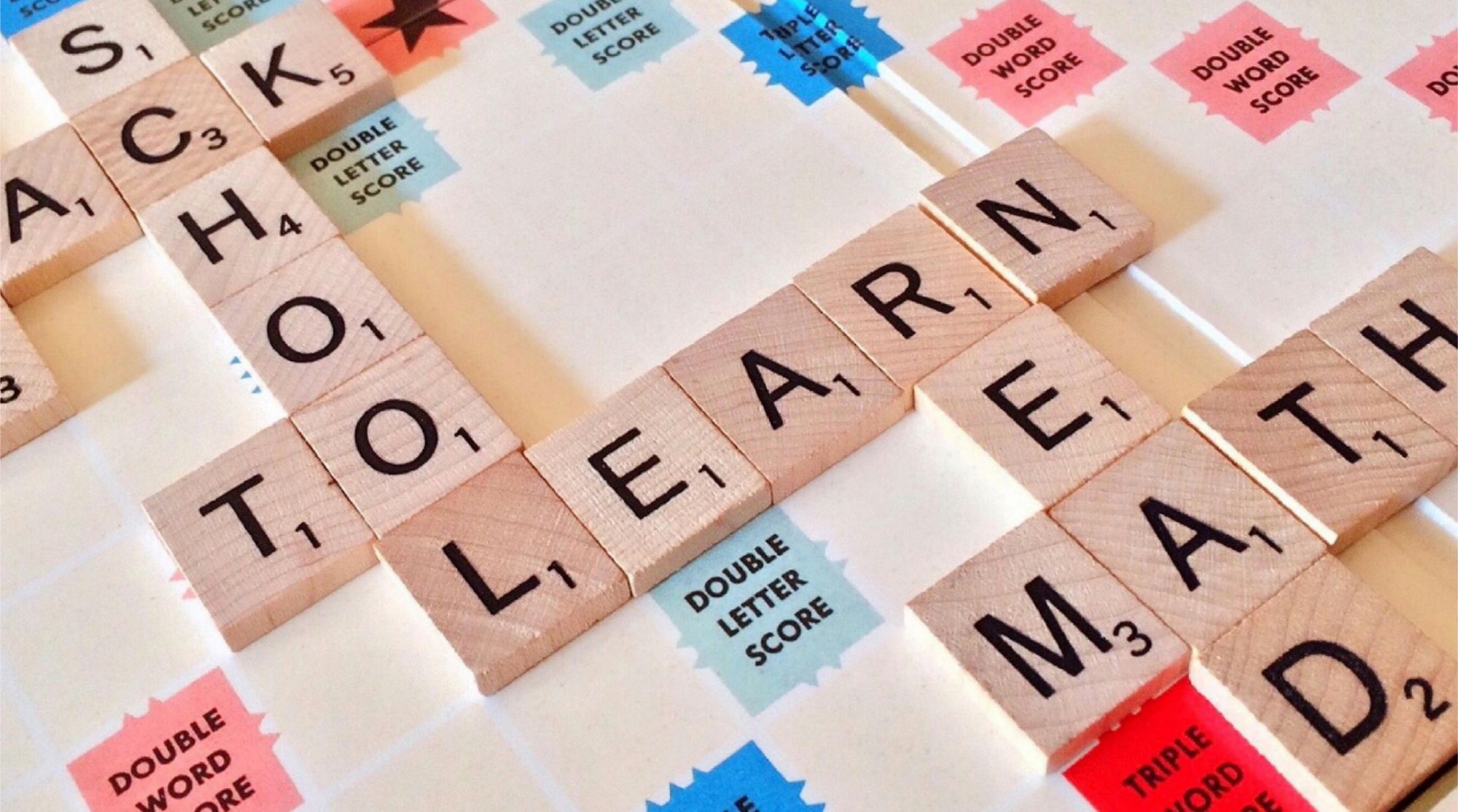The Declaration of Independence led to the United States Constitution and the Bill of Rights. Whereas the Declaration of Independence declared the right to life, liberty, and the pursuit of happiness, the Bill of Rights took it a few steps further. The main takeaway is that citizens have rights and that government was formed to assure those rights.
Under assault today is a parent’s right to know what is taking place with their child attending a public (government) school. Whereas the Supreme Court of the United States says parental care is absolute, the California Family Code indicates the parents’ rights are “fundamental” rather than absolute.

This “right” did not come under assault until after 1988 when LGBT (lesbian, gay, bi-sexual, and transgender) was recognized and gained acceptance. Sex education however, had been adopted into high schools in the 1920s, largely to deal with the growing problem of teen pregnancies.
Obviously, pregnancy was not an issue for LGBT and it aligned more with discriminatory issues. That led to California passing the FAIR Act in 2011 (Fair, Accurate, Inclusive, and Responsible). Fair, accurate, and inclusive were issues of tolerance when it came to teachers, parents, and students. It was determined that certain children needed protection and anti-bullying policies were implemented in schools. For that reason, parents were often involved if their child was either bullying or being bullied; however, “responsible” was left up to – nobody.
When it came to cheating (unfair) teachers and parents were aligned. Parents were informed and disciplined their children in ways schools legally could not. Accuracy was also addressed through enhanced methods of instruction or by greater means of help at home. The schools dealt with “inclusive” using non-discrimination and anti-bullying policies. Parents just wanted their children to cooperate and get along with the other students.
These issues always seemed to emanate from the schools. Parents who refused to participate when informed of their child’s misbehavior put the schools into a position of greater autonomy when dealing with such matters. Before long, the parent-teacher relationship began to fracture and LGBT stepped in. After all, they were well accustomed to discrimination, and teachers had a new ally.

Seeing how this new relationship could prove problematic or even harmful, parents went to the school boards to help level the playing field. Unfortunately for the school boards, it became a matter of supporting one side or the other. Not wanting that responsibility, many boards sought to bring parents back into the picture. But LGBT was threatened by this and did not want that wound to heal, at least not completely.
Finding themselves in the middle, school boards became a political battleground, which side had the right to educate one’s child?

Today, children are caught in the middle of a game they are too immature to play. Is it federal law that states the responsibility “absolutely” lies with the parents or California’s code stating that responsibility “fundamentally” lies with the parents? Should LGBT be the arbiter in this case or should it be up to the voters to decide who has that right?
November is not that far away.

